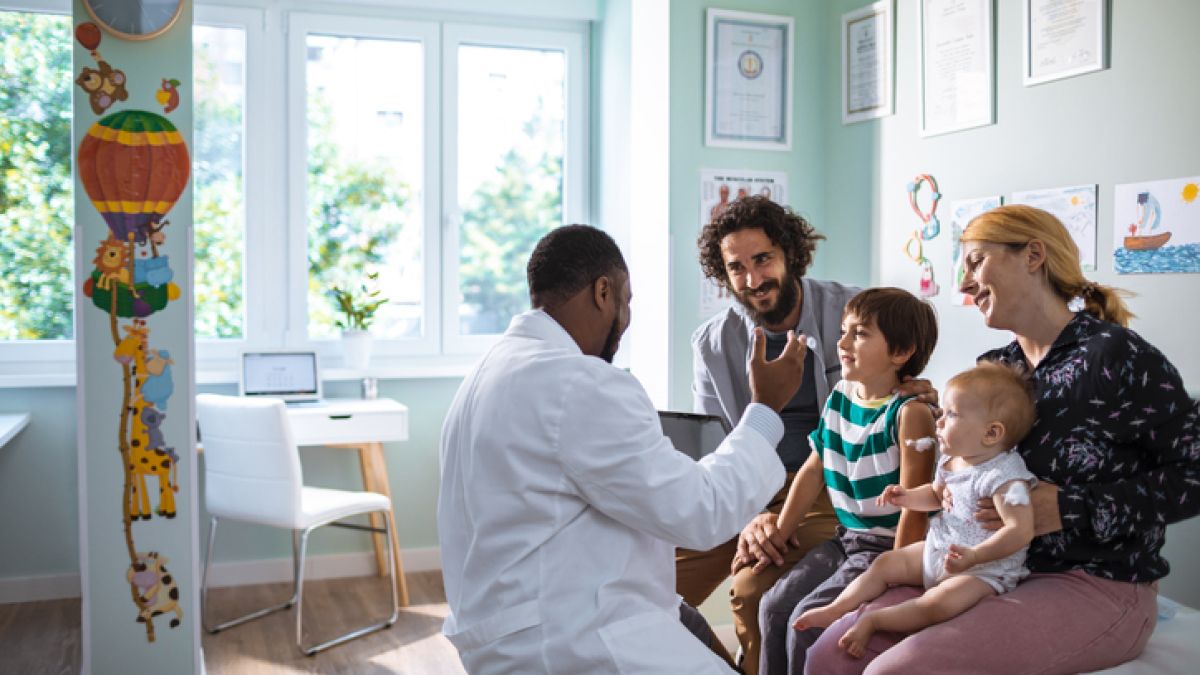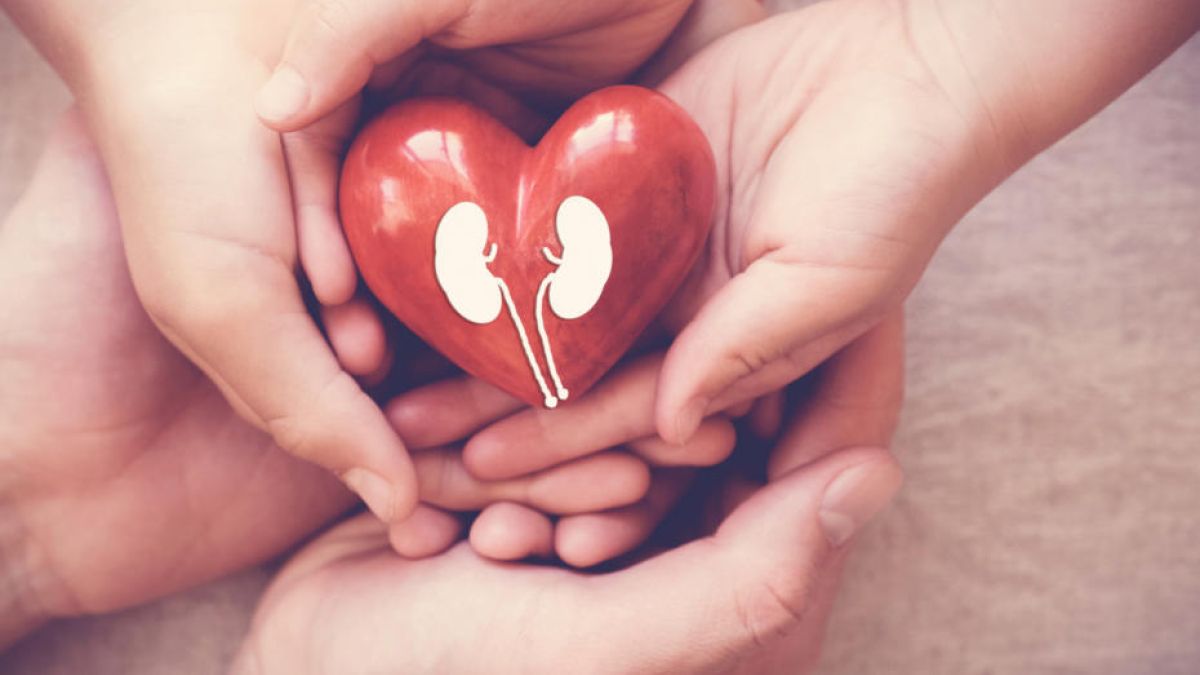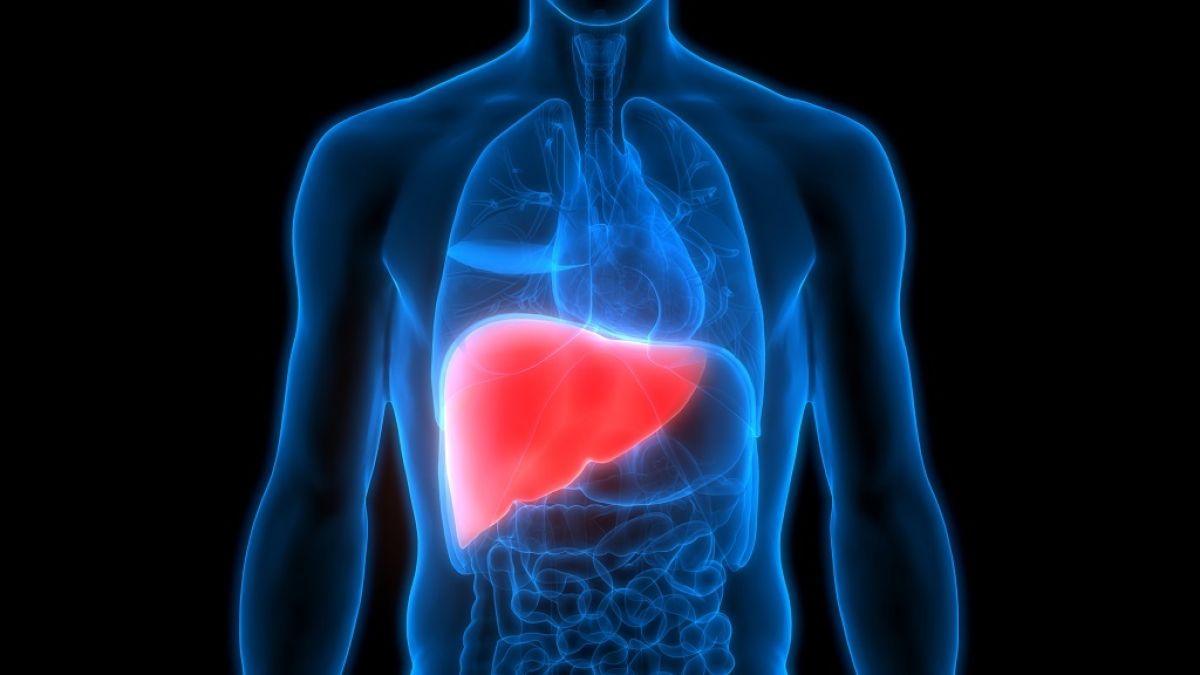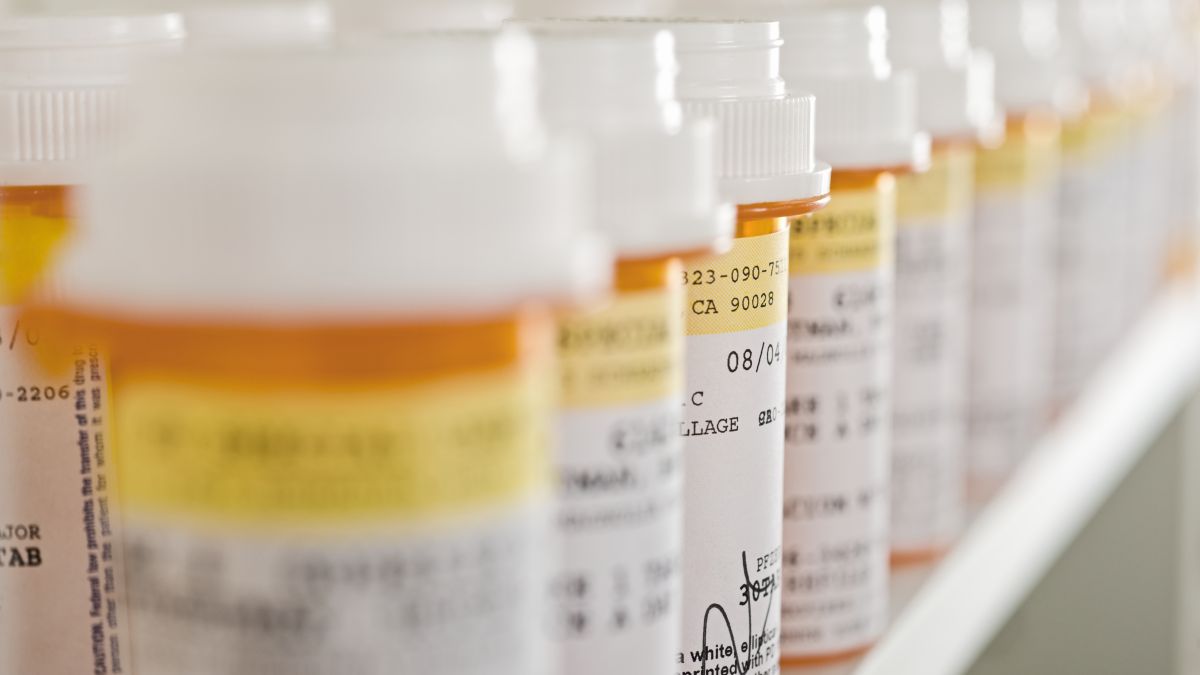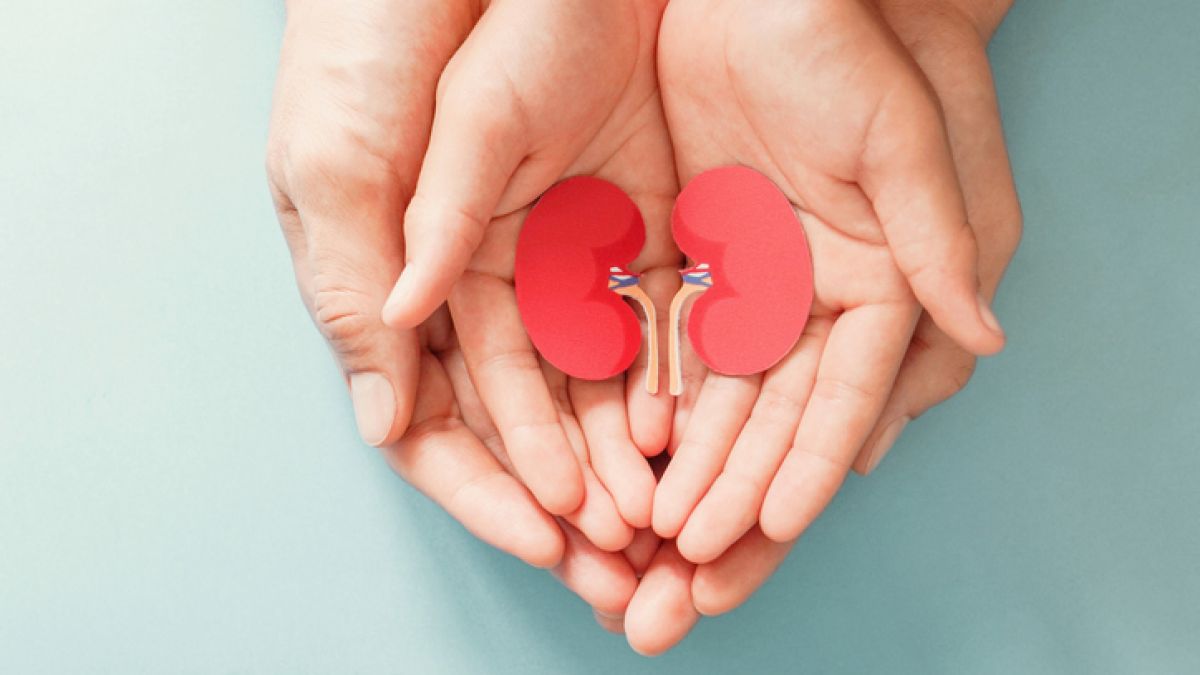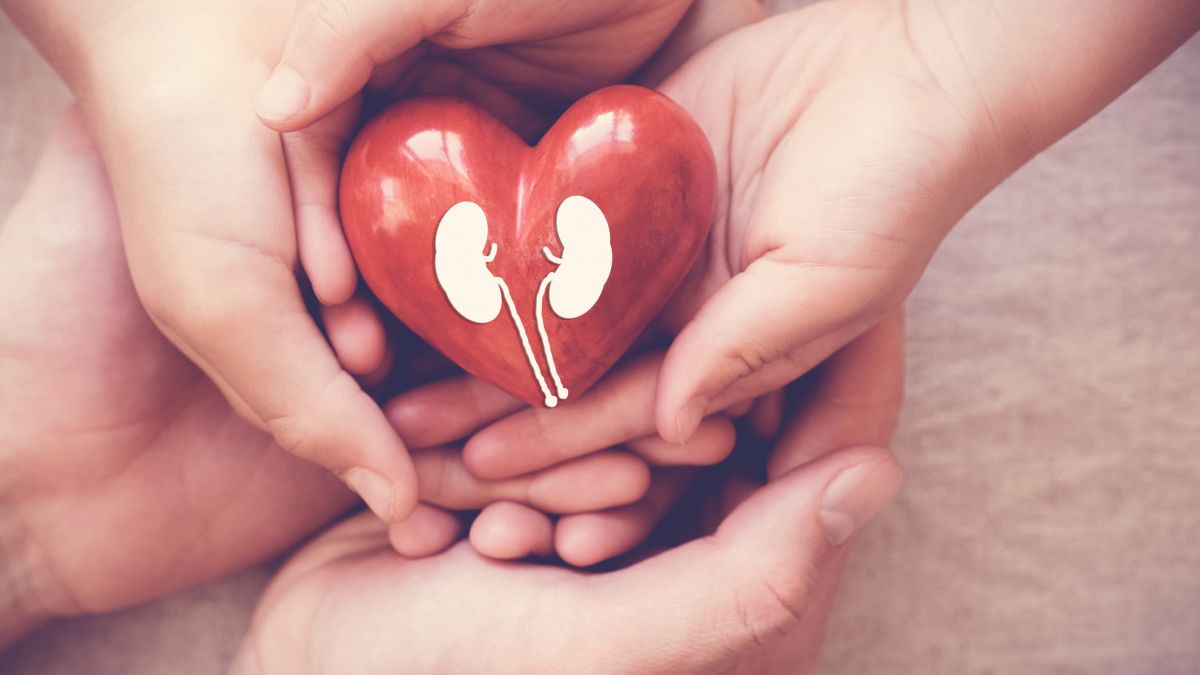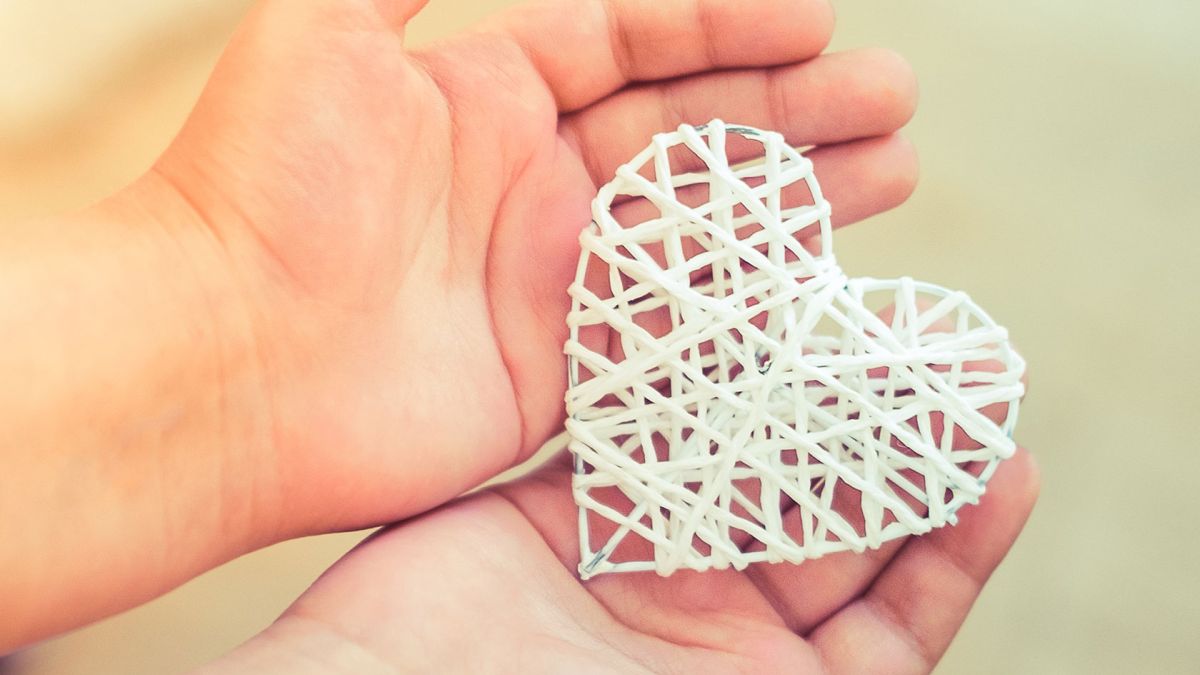Why Choose Ochsner for Your Organ Transplant?
Every ten minutes, another name is added to national transplant waiting list. Together, there are nearly 100,000 people waiting for an organ transplant in the United States. The majority of transplant patients in the Gulf South find unparalleled care and shorter wait times at the Ochsner Transplant Institute.

Since 1984, Ochsner’s team of renowned physicians, surgeons, transplant nurses and support specialists have successfully performed more than 8,000 lifesaving liver, kidney, pancreas, lung and heart transplants. This number includes surgeries performed through our living organ donor programs, including our living donor liver transplant program and our living donor kidney transplant program. We are the most active and experienced transplant center in the Gulf South region.
In recent years, Ochsner has strengthened our position as an international leader by achieving the highest national benchmarks for quality. By recruiting some of the world’s leading transplant surgeons and physicians, pursuing clinical and research excellence and adding programs for even the rarest and most complex organ transplants, the Ochsner Transplant Institute continues to grow and serve more adult and pediatric patients needing organ transplants in New Orleans, the region and around the world. To date, we have cared for transplant patients from 37 states and 10 countries.






